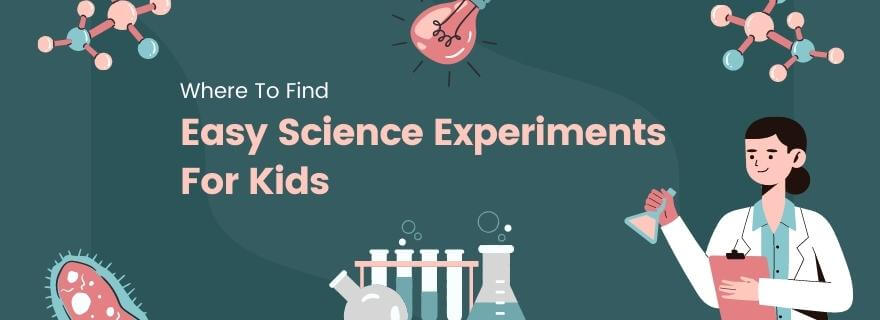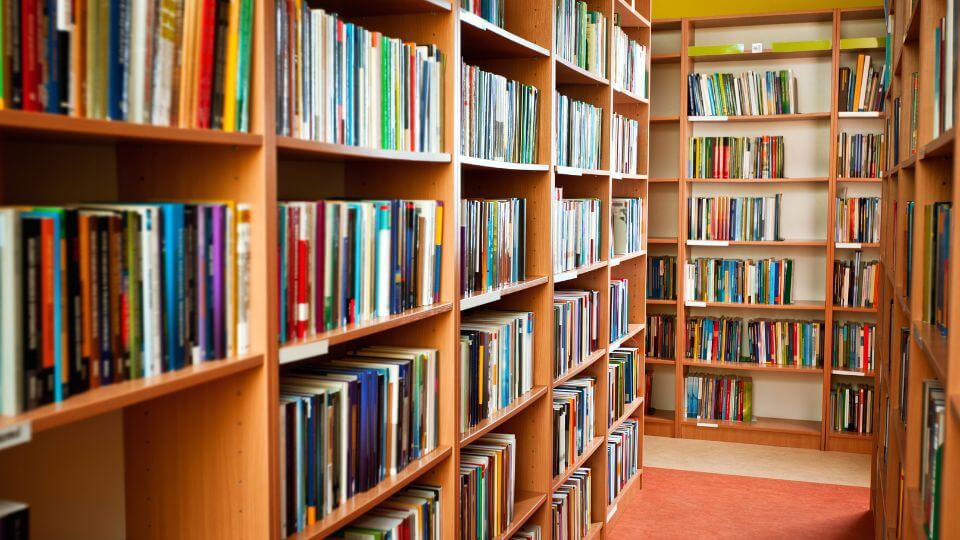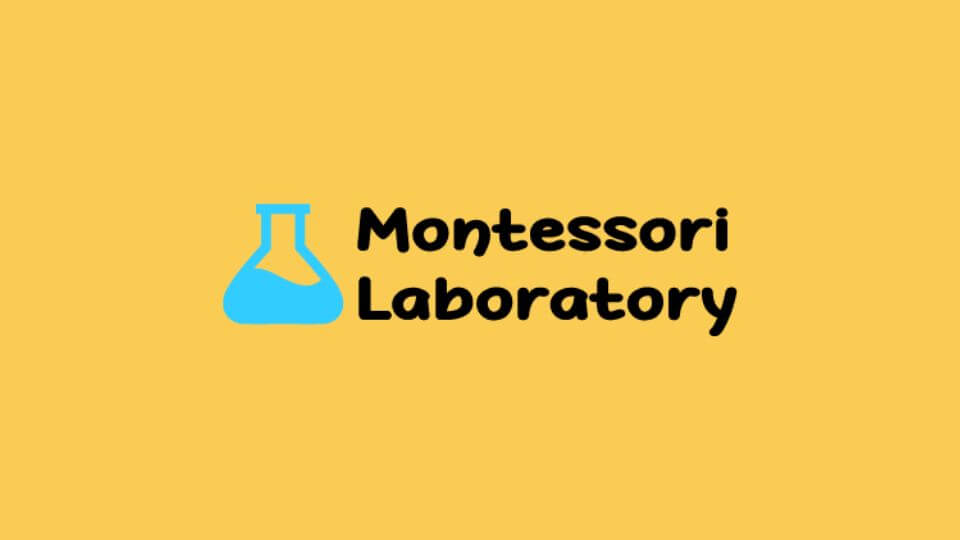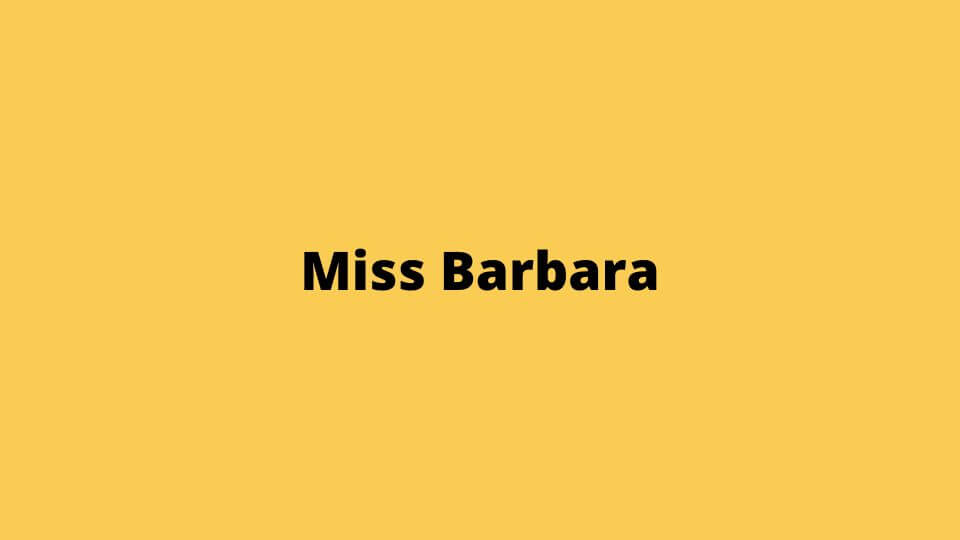Easy Science Experiments for Kids

Kids’ brains are designed to learn from their environments. As babies and toddlers, they learn through playing and imitating others around them. It makes sense, then, that as they get older and begin to learn more complicated concepts, they’ll learn best by interacting with those concepts in a hands-on, experiential way. In science education, that primarily means performing experiments to see scientific ideas and practices in action.
Of course, this is easier said than done, because setting up experiments for your kids or students takes time, planning, and work to gather all the necessary materials. Fortunately, there are resources out there that can help, and we’ve broken down what to look for, and where to find them.
Table of Contents
- How to Plan Appropriate Science Experiments
- What to Look For When Searching for Easy Science Experiments for Kids
- Where and How to Search for Easy Science Experiments for Kids
- Where to Find Montessori-Specific Science Experiments
- Finding Creative and Easy Science Experiments for Kids
How to Plan Appropriate Science Experiments
If you want to incorporate more science experiments into your child’s or students’ education, where do you start? There are a few factors you can use to guide you.
First, look at the concepts you want to teach. This could be part of a set curriculum if you’re a teacher or a parent who wants to supplement their child’s classroom learning. Or, if you’re a parent or teacher who’s leading Montessori-style instruction, it could be topics the child has expressed interest in.
Second, take the child or children’s developmental level into account. Consider how complex you want to be in teaching the concept and what types of experiments may be practical and safe for them.
Once you have these focus points in mind, it’s time to start checking out the resources below for ideas and guides on the best experiments for kids.
What to Look For When Searching for Easy Science Experiments for Kids
What makes a great science experiment for kids? Along with being appropriate to the children’s developmental level and the concepts you want to teach, there are several criteria to look for.
First, make sure the experiment is able to be performed safely. Even easy science experiments for kids need adult supervision to make sure the child is safe at all times.
Second, look for experiments you can realistically perform in the environment you have. For example, if you want your child to learn to build and launch a homemade rocket, make sure you have access to an open space where you can do the launch.
Third, choose experiments that involve materials you either have or can access in a reasonable amount of time. If an experiment requires a very specific and hard-to-find chemical solution that will take weeks to arrive after you order it, it might not be the right fit because the child could be long past learning the scientific concept in the experiment by the time you can actually perform the experiment.
With those considerations in mind, let’s talk about the best places to find science experiments that align well with your child or student’s goals. We’ll talk about some resources for general science ideas first, and then we’ll talk about some places to find Montessori-specific experiments.
Where and How to Search for Easy Science Experiments for Kids
Now that you know what you’re looking for, where do you look for it? You don’t need to design your own experiments when there are plenty of resources out there with ideas and complete guides or even pre-assembled kits. We’ll show you how you can use some common resources you may already know about to find easy science experiments for kids.

Pinterest has been a fabulous resource for ideas and inspiration since its early days, and it’s not just for collecting recipes and wall color ideas. It’s full of ideas and guides for science experiments for kids.
Like many other social media platforms, Pinterest shows you content based on your interests and the content you have enjoyed in the past. The more you browse for science experiments, the more options you’ll see.
Start by setting up a Pinterest board specifically for science experiments for kids, or create a list within a board you already have like an education board. Then, head to the search tab in the app and start browsing. You can be as general or specific as you want, searching for something vague like “easy science experiments for kids” or something more specific like “tectonic plate experiments for kids.”
A word of caution, though: not all pins lead to the links you think they do. Some pins may have dead or redirected links. It’s best to click the link before you save a pin to make sure it has the details you need for the experiment and that it’s a trusted source before you save it. Remember, you can also use your Pinterest board to save experiment ideas you find elsewhere on the web so all of your ideas are in one place.
YouTube

YouTube holds some of the most expansive volumes of knowledge you’ll find anywhere…along with all the quirky cat videos you could want, but let’s save those for after your lessons are done. There are countless ways for parents and teachers to use YouTube to find easy science experiments for kids.
On the surface, it’s as simple as tossing your search terms into the search bar. Keep in mind, though, that for as much fantastic and high-quality content as there is on YouTube, there’s just as much misinformation too. When you find an experiment idea on YouTube, make sure you do some added research to verify the information and verify that the experiment is safe.
With that said, though, the benefit of YouTube is that when you find experiments on this platform, you don’t just get a potentially vague set of written instructions. You get a video to guide you through it.
Your Local Library

Libraries are among the most underestimated resources these days, but they’re accessible to nearly anyone. If you’re looking for free and low-cost science experiments for kids, your local library could be a goldmine. On top of that, a trip to the library can be a great going out experience for elementary-age children.
At a minimum, your library will have books that detail science experiments you can perform at home or in the classroom. Beyond this, though, many libraries have activity nights and other learning opportunities for kids. Your library might offer free learning sessions where they lead science experiments for kids. Have a chat with your librarian to find out all the options that are at your fingertips.
Where to Find Montessori-Specific Science Experiments
The resources above are all great places to find science experiments in general. They can also be wonderful when looking for extension activities to build on topics that your learners want to dive deeper into. If you’re looking for experiments that will be more tailored to the science lessons traditionally taught in Montessori though, take a look at the resources below.
Montessori Laboratory

Montessori Laboratory is a particularly comprehensive and useful source filled with easy science experiments for kids. And when we say easy, we do not mean too easy to be stimulating. We mean that they’re designed to be easy enough to be student-led so that children can be the drivers of their own learning.
This site is designed around Montessori instructions and the Montessori principles of child-guided education and activity-based learning, but the experiments and projects it offers can benefit any child.
Montessori Laboratory specializes exclusively in hands-on, big-picture science. The site operates on a subscription model: you simply purchase a subscription and this gives you access to all the experiments and lessons throughout the site. That stash currently includes over 100 experiments and activities in addition to a multitude of videos that introduce the topics explored further in the experiments, and it’s continuously growing. They have some free lessons and experiments you can access too!
You can explore Montessori Laboratory first to gather an idea of how it works and what experiments and activities it offers. To get you set up for any experiments you want to perform, Montessori Laboratory also offers an add-on purchase of a full science kit with nearly 50 items you can use across a wide range of experiments.
Miss Barbara

Miss Barbara is a free Montessori science site that’s simple but abundantly helpful if you’re teaching a child or a full classroom. It offers a variety of scientific topics like Earth science and physical science, as well as experiments designed to go with the First Great Lesson and other Great Lessons.
This is an advice site and instructional guide that was set up by a creative teacher who wants kids everywhere to get the benefit of interactive, experiential instruction. Miss Barbara’s site is designed to give parents and instructors access to a teacher’s ideas and thoughts. As it includes suggestions for different resources to use for each topic, it’s great for getting insight on how to plan for teaching various scientific topics and experiments.
On this site, Miss Barbara lays out a set of lesson suggestions and a collection of experiment ideas to go along with them. She lists the experiments by the concepts they’re designed to explore, like gravity, states of matter, and so on. Keep in mind that in some cases, you may need to follow up with some further research to get more detailed instructions for experiments, and create or find the materials you’ll need.
Montessori Kiwi

Montessori Kiwi has a wonderful set of 19 easy science experiments for kids that align with Montessori and build on the topics introduced in the First Great Lesson.
The set comes in the form of printable cards, and there is a short overview of instructions on how to use and introduce them. All of the experiments can be done with materials that are easy to find so that you can do them at home or in the classroom.
On top of that, the instructions on the cards are written simply enough for children to lead the experiments, which is an important part of the independent learning that Montessori education promotes (although it is suggested that an adult always be present for safety).
Finding Creative and Easy Science Experiments for Kids
It’s never too early or too late to start looking for the best science experiments to supplement or enhance your children’s or students’ education. The tips and resources above make it easy to find easy science experiments for kids in any topic you could want.
Responses